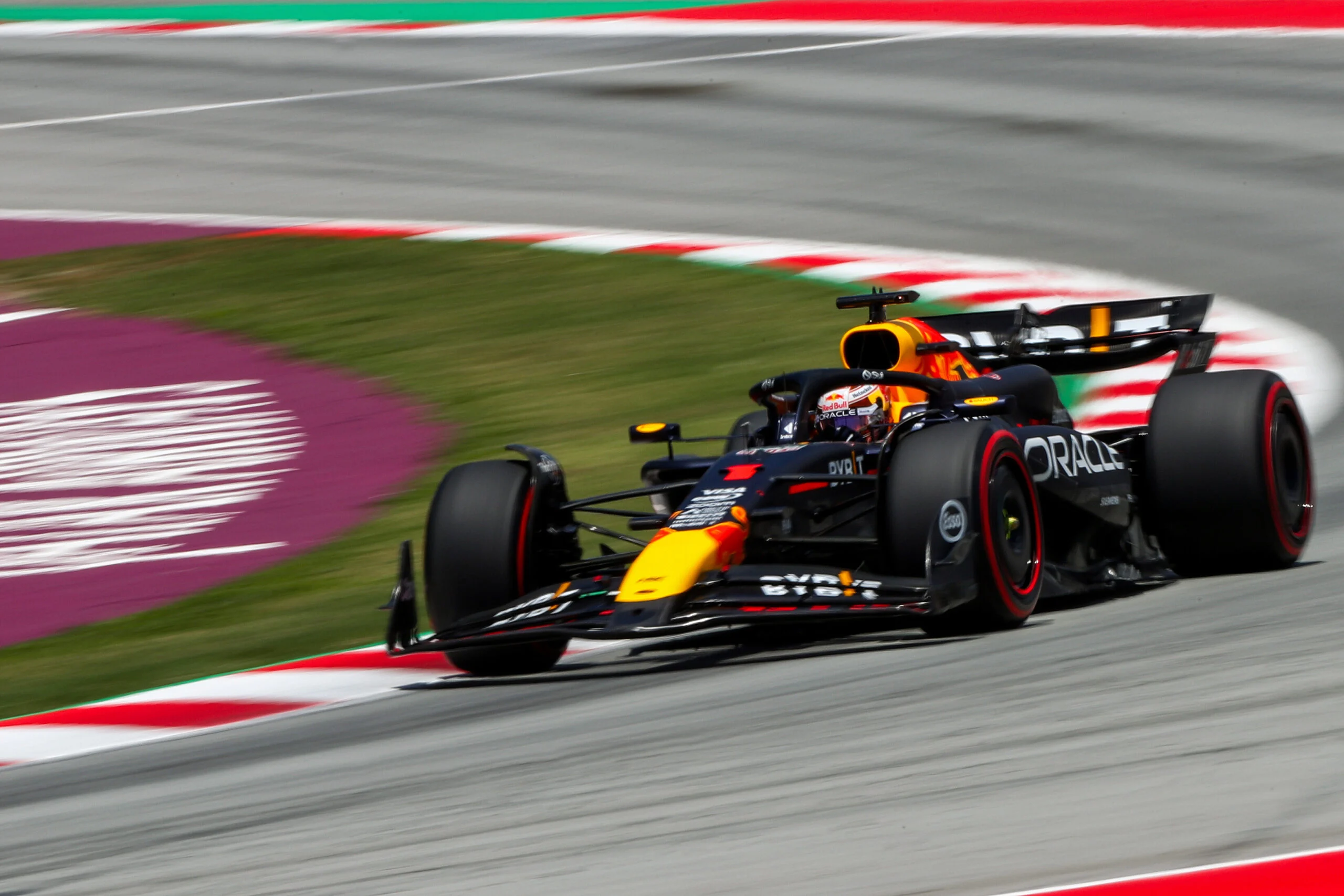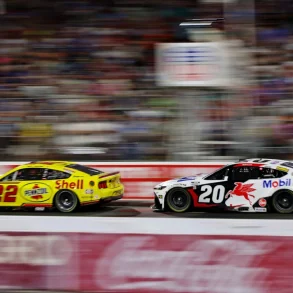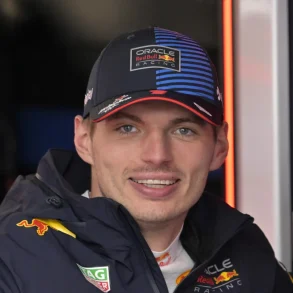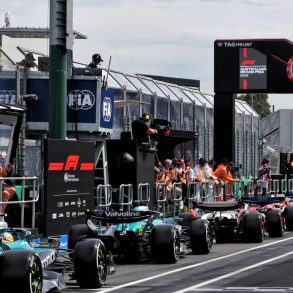Red Bull is facing a challenging start to the 2025 Formula 1 season, with its RB21 car struggling to deliver strong performances. While car performance is a major concern, it is not the only issue that the team must navigate.
Team Principal Christian Horner has acknowledged that much of Red Bull’s focus has already shifted toward preparing for 2026 when major regulation changes will take effect. The transition to a new era in Formula 1 is proving to be an immense challenge for the team.
Red Bull’s In-House Engine Project Marks a Bold Shift for 2026
Red Bull is set to introduce its first in-house power unit under the Red Bull Powertrains brand, developed in partnership with Ford for the hybrid components. Horner described the endeavor as the team’s “biggest challenge” and an “epic adventure.”
The decision to build an in-house engine marks a significant shift for Red Bull, which has previously relied on partnerships with manufacturers like Renault and Honda. With the 2026 regulations ushering in major technical changes, Red Bull sees this as the right moment to take full control of its engine development.

Horner emphasized that Red Bull is in a “real race against time” as the 2026 season approaches rapidly. The new power units must be ready within a year to power Red Bull’s Grand Prix cars. The upcoming regulations will transform F1 cars, making them 30 kg lighter, 10 cm narrower, and requiring them to use fully sustainable fuels.
Additionally, the hybrid-electric and combustion engine components will be split evenly at 50-50, introducing new challenges for all teams. Red Bull must ensure its new engine is competitive while adapting to these sweeping changes.
Red Bull Faces Tough Competition and a Complete Reset for 2026 Regulations
Despite its confidence, Red Bull recognizes that it faces tough competition from manufacturers that have long been developing their own engines. Horner admitted that it would be unrealistic to expect immediate dominance against experienced engine builders.
However, he sees Red Bull’s commitment as a strategic long-term investment that ensures the team’s independence in the sport. By producing its own engines, Red Bull reduces the risk of being left without a supplier if a manufacturer decides to exit Formula 1 in the future.
Horner described the 2026 regulations as a complete reset, erasing everything teams have known in previous years. With no elements from current regulations carrying over, all teams must start from scratch in designing their cars and engines.
Red Bull relies on its strong team culture, talented personnel, and advanced facilities to meet this challenge. As the 2026 deadline looms, the team must balance short-term competitiveness in 2025 with long-term success in the new era of Formula 1.







